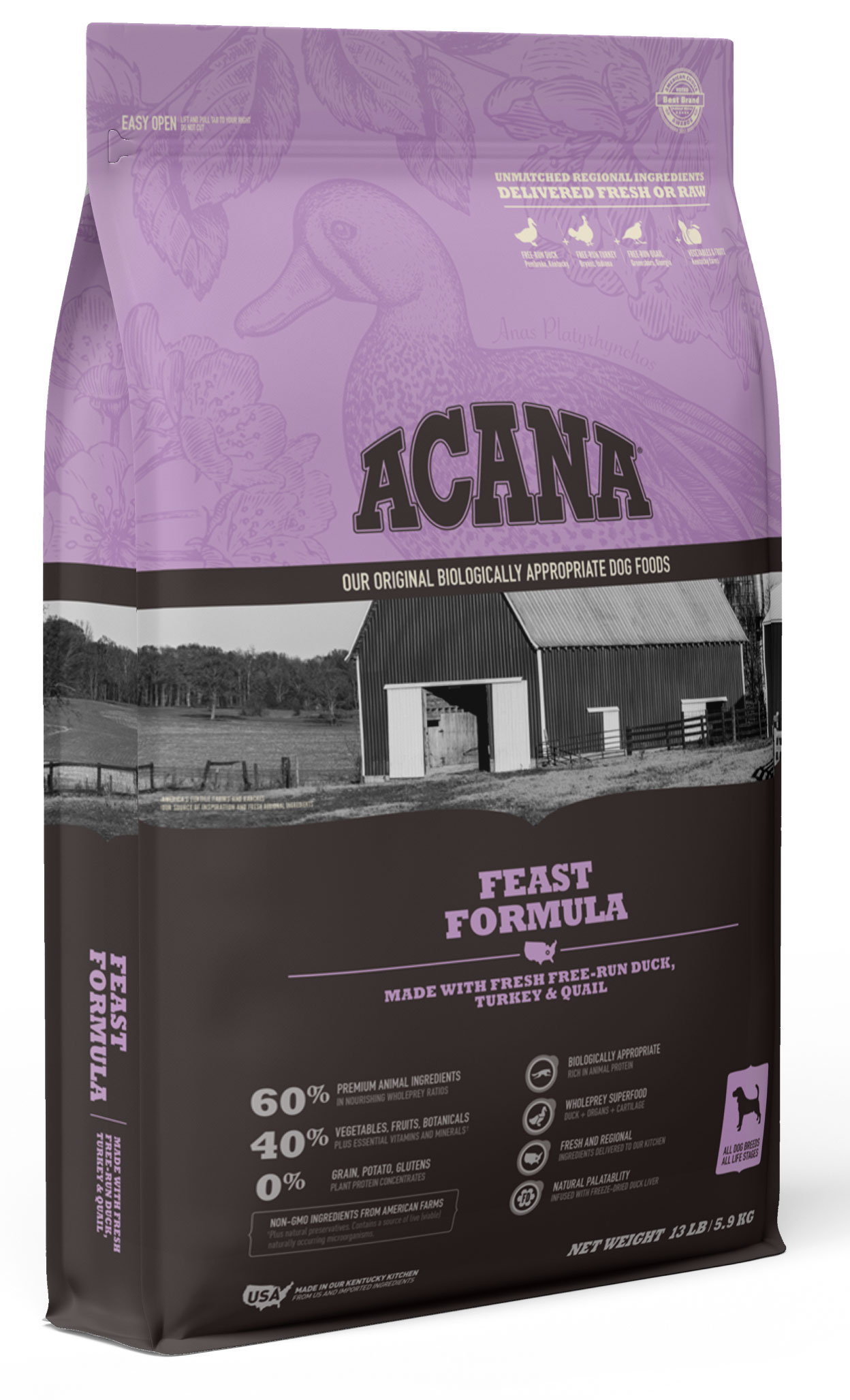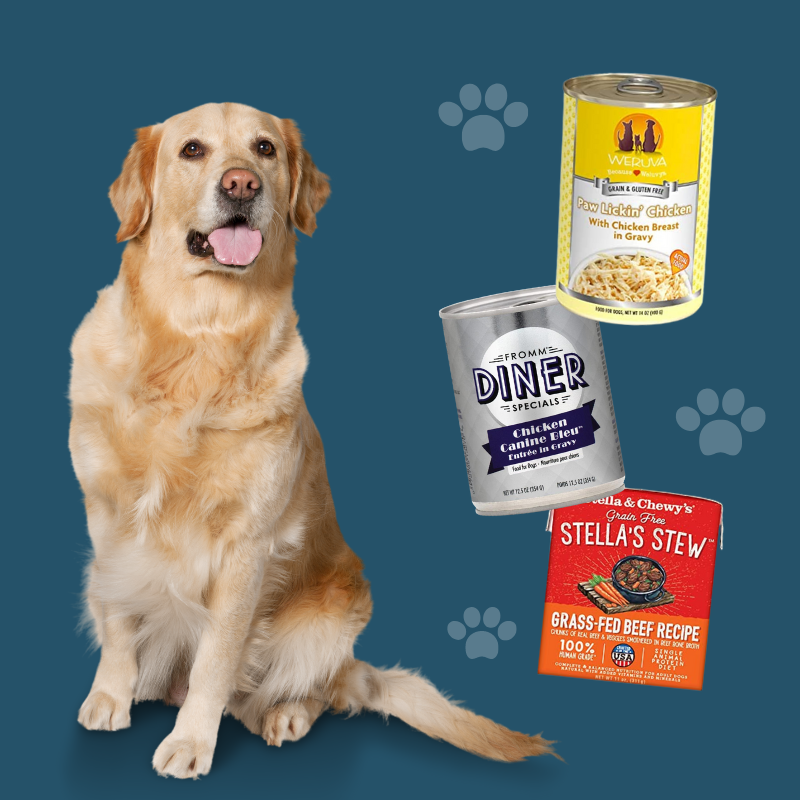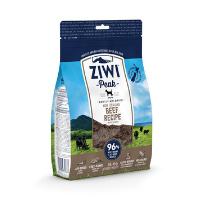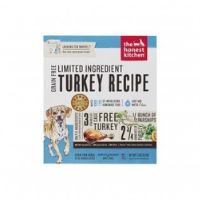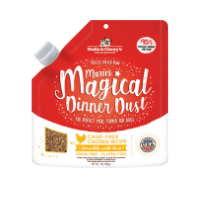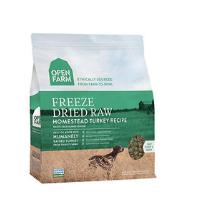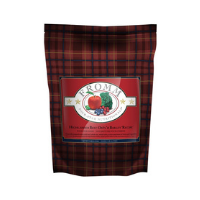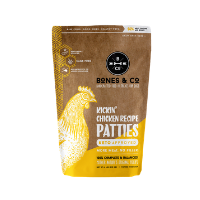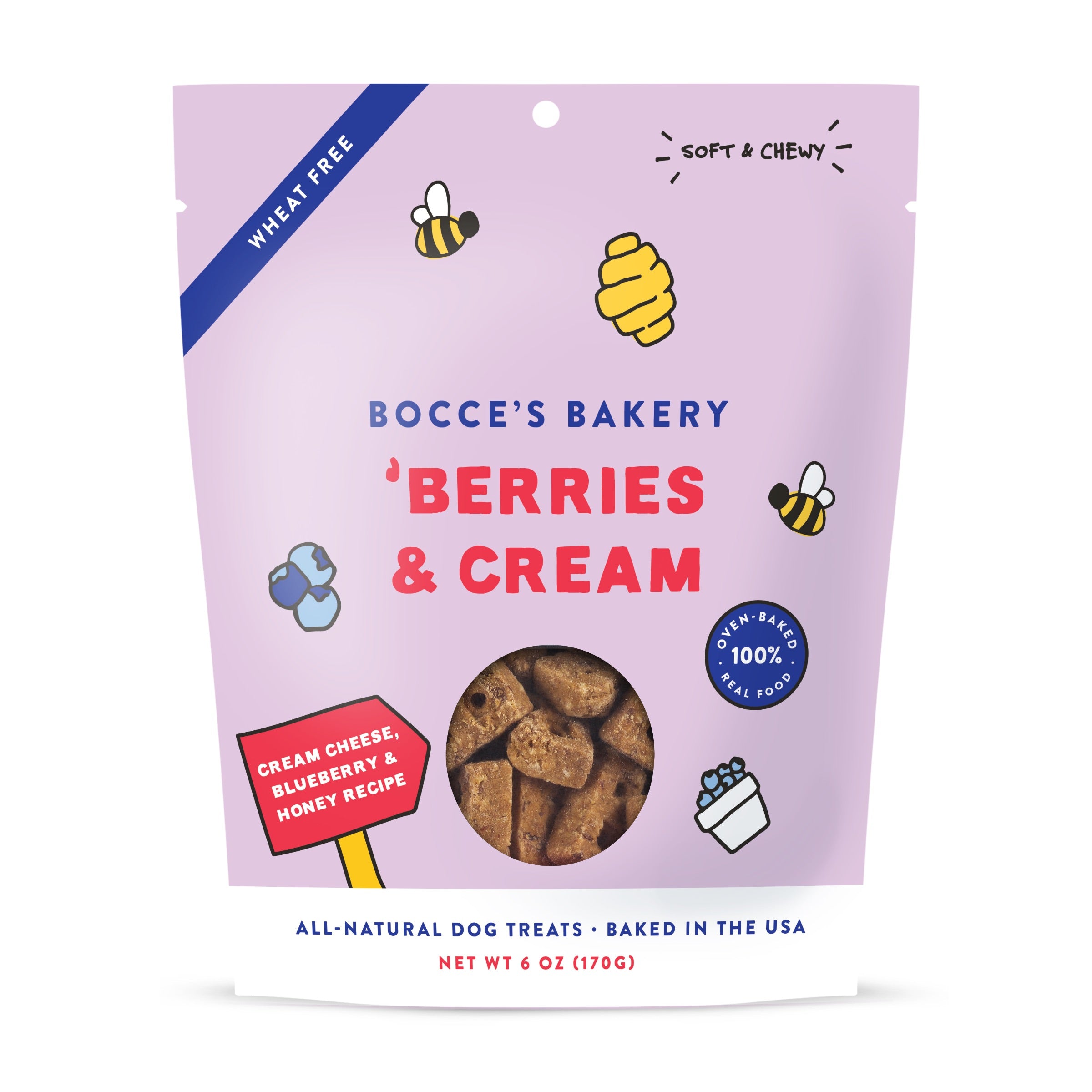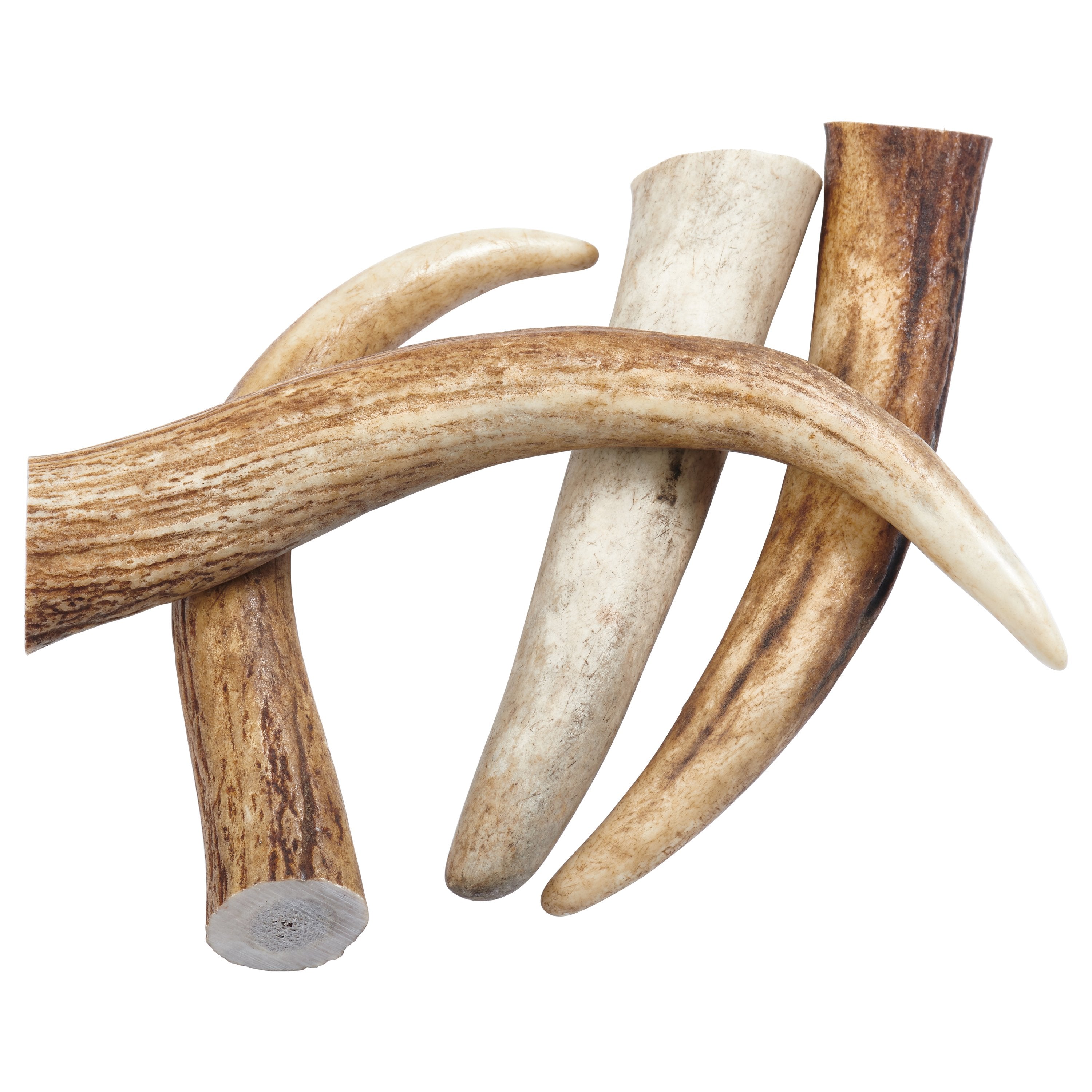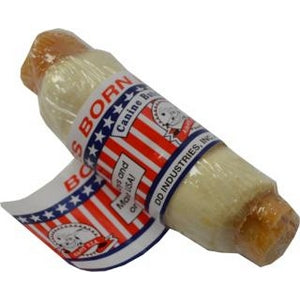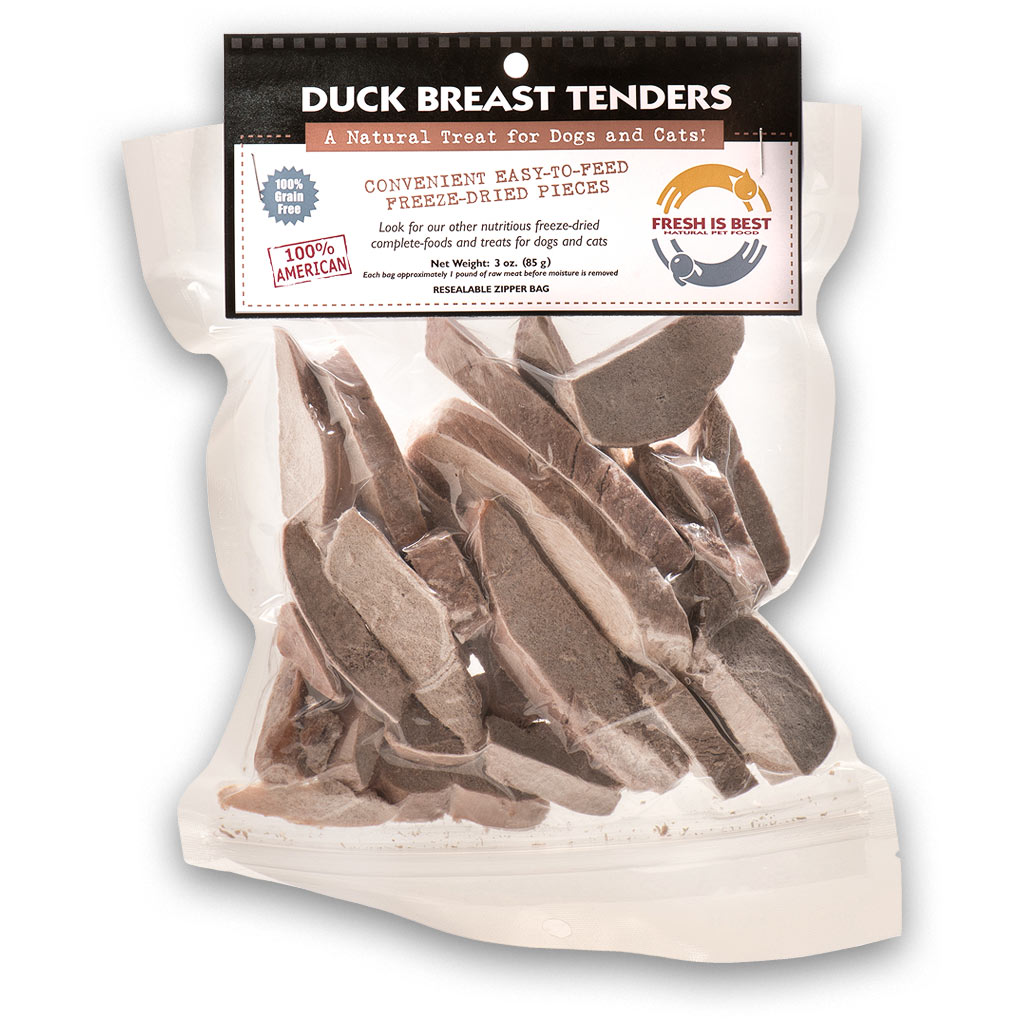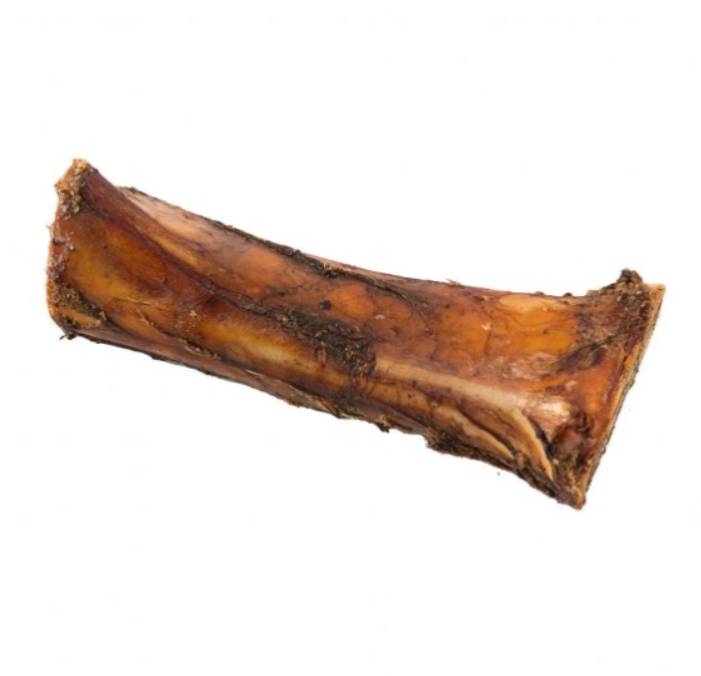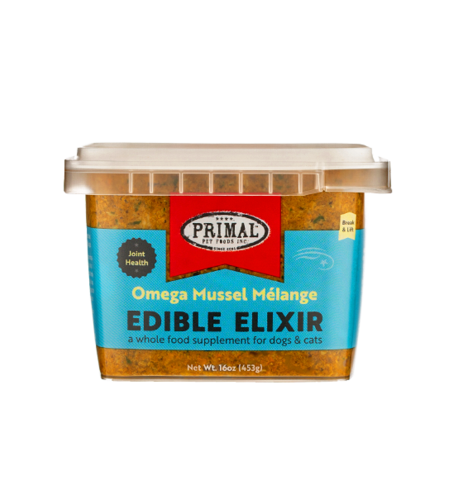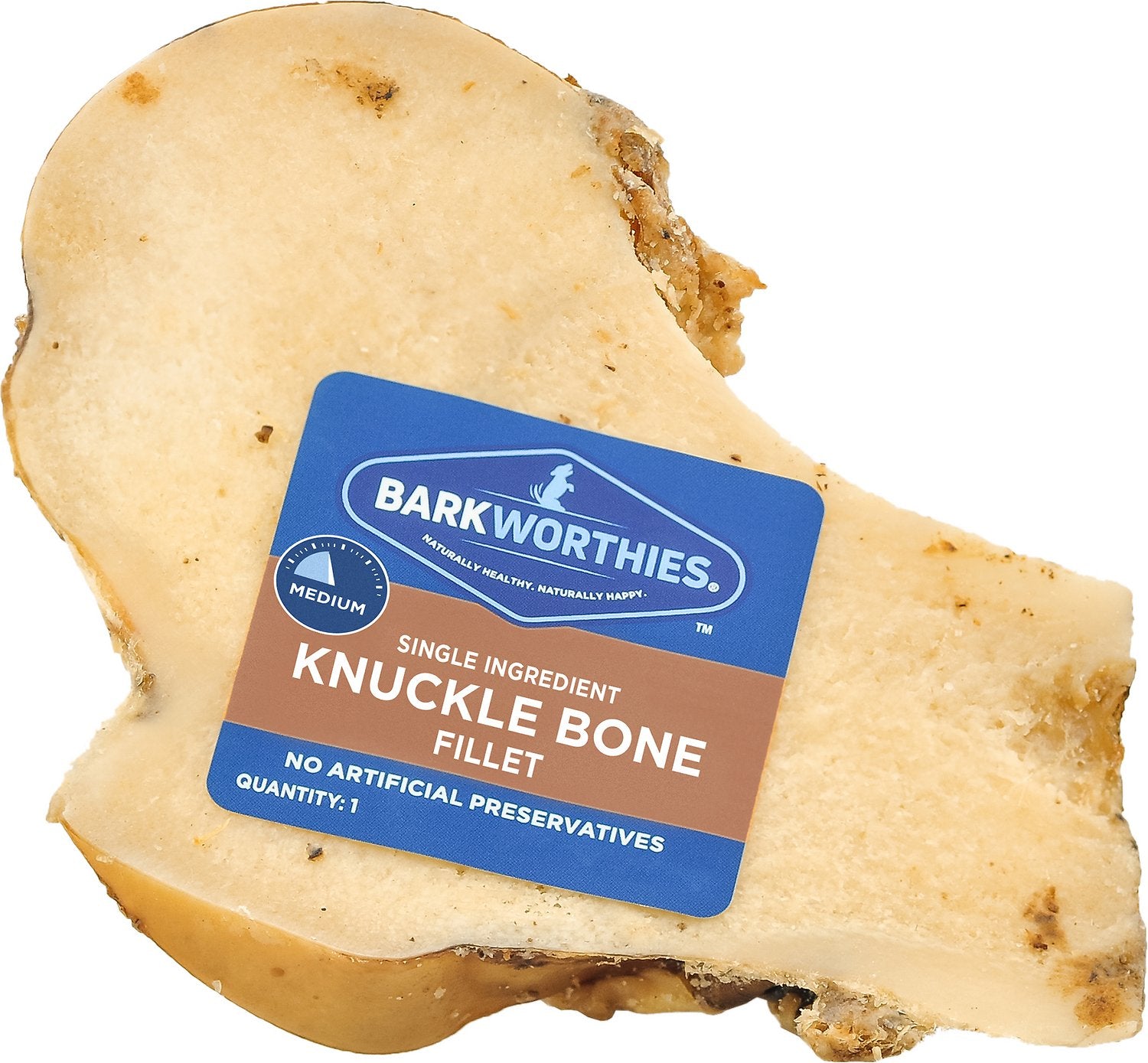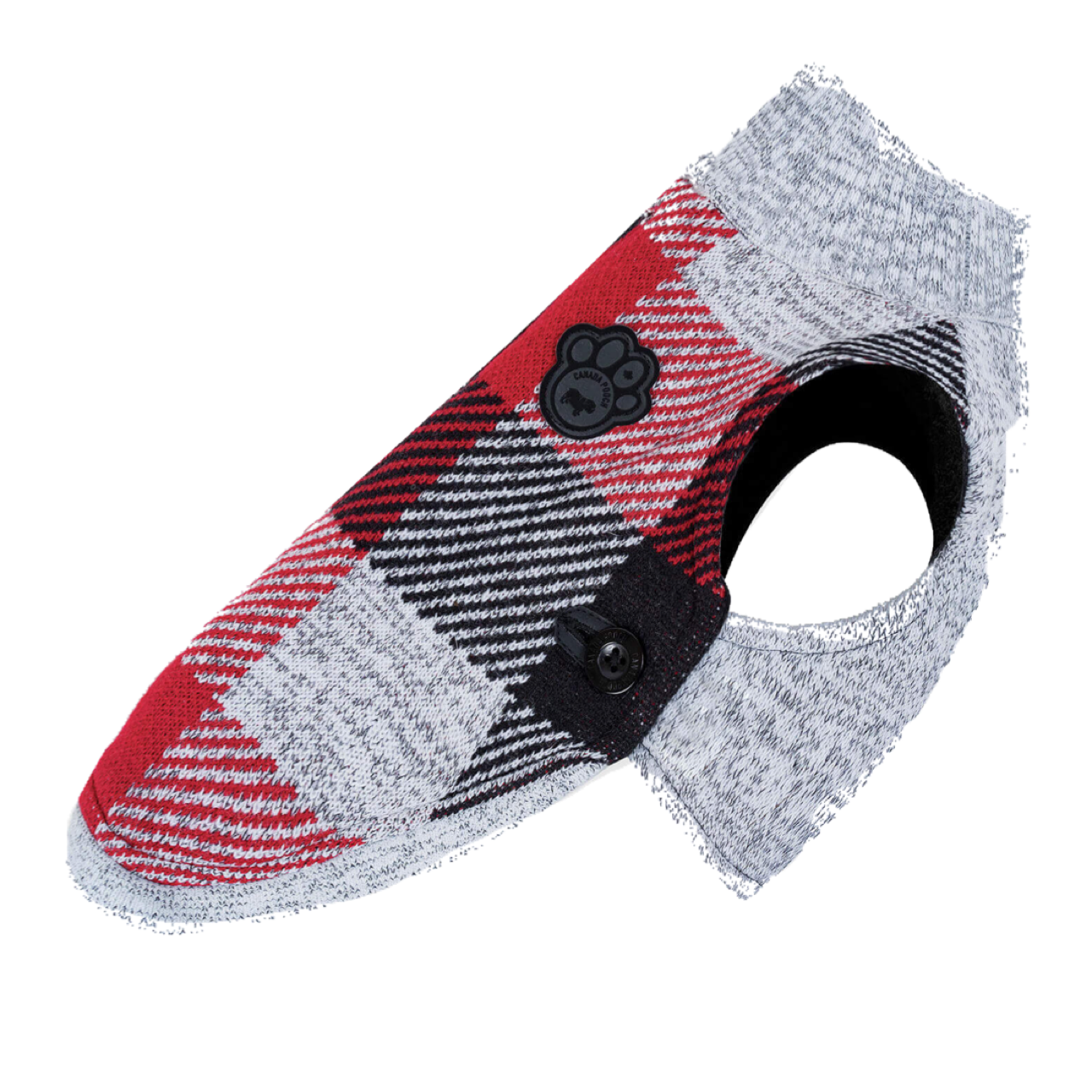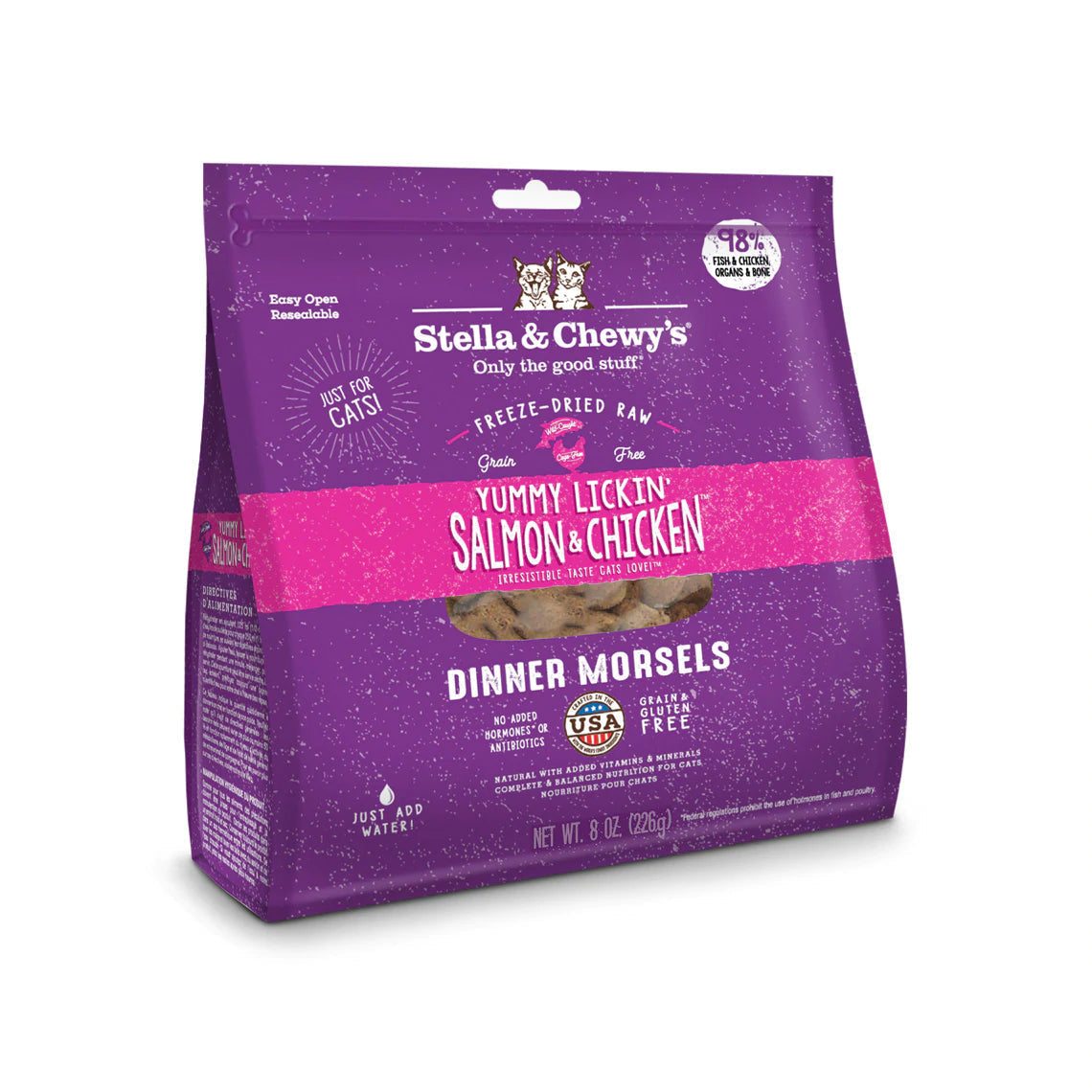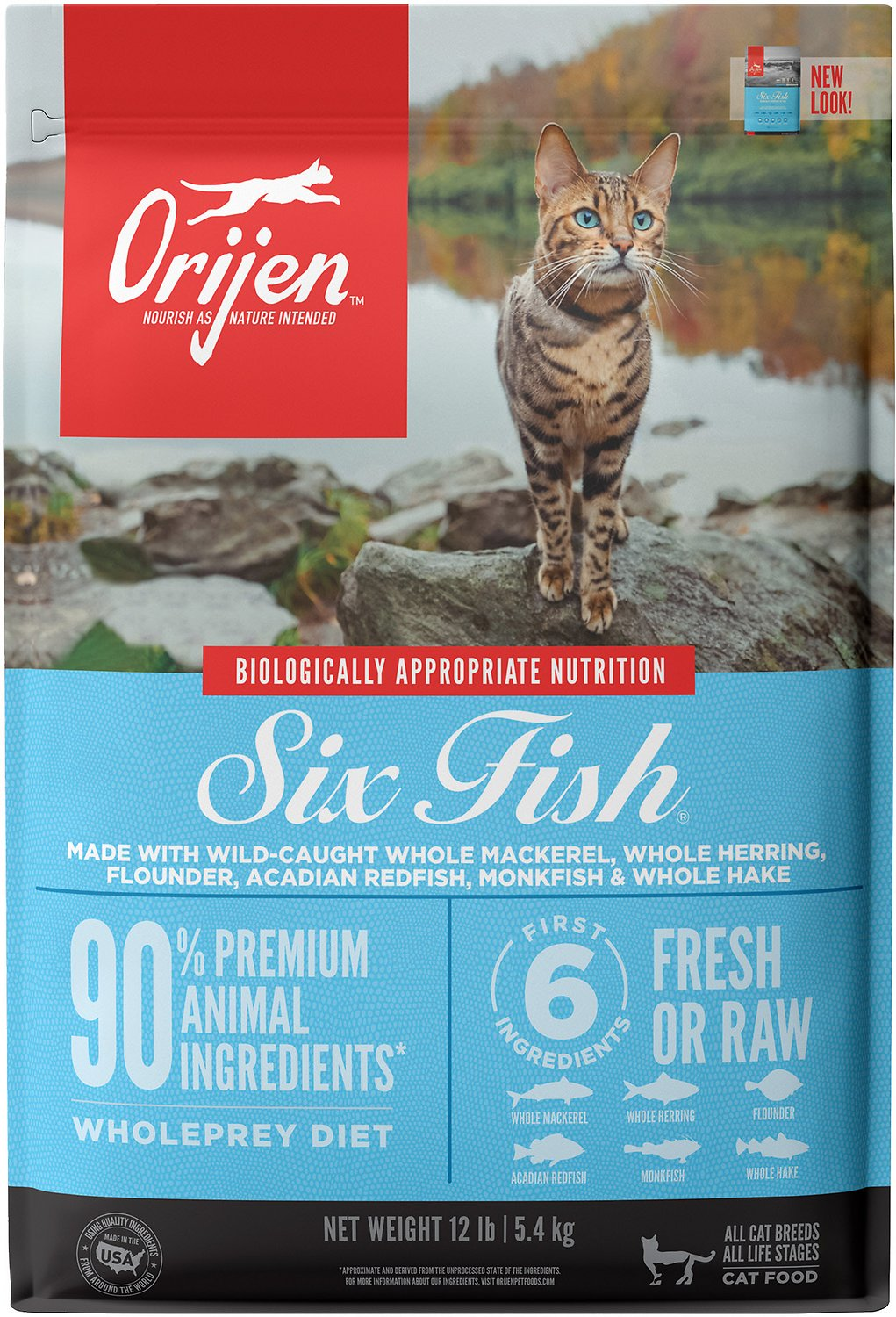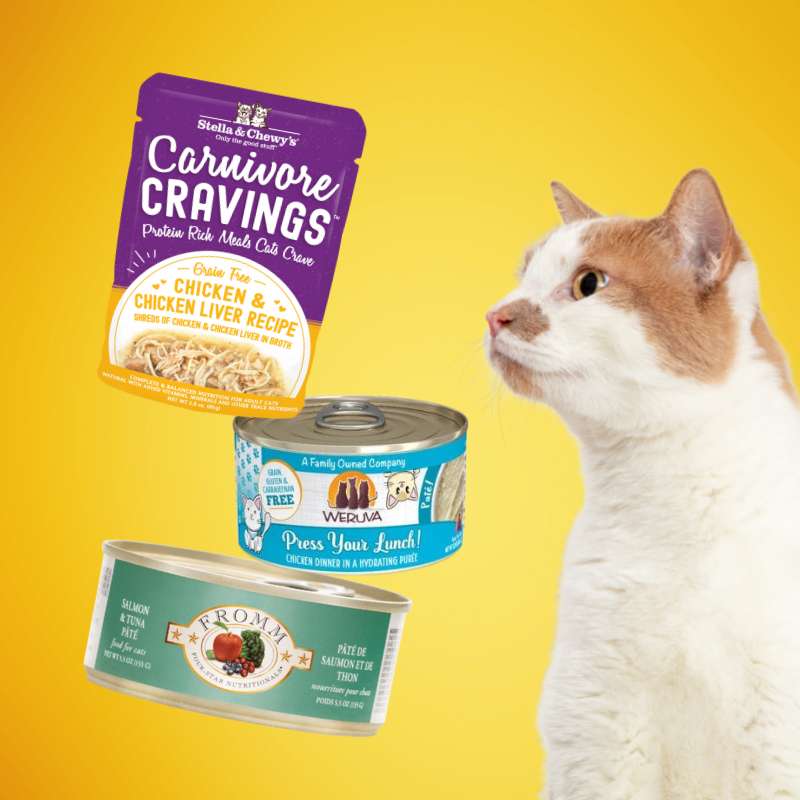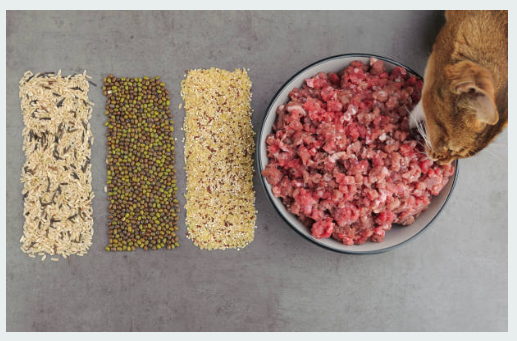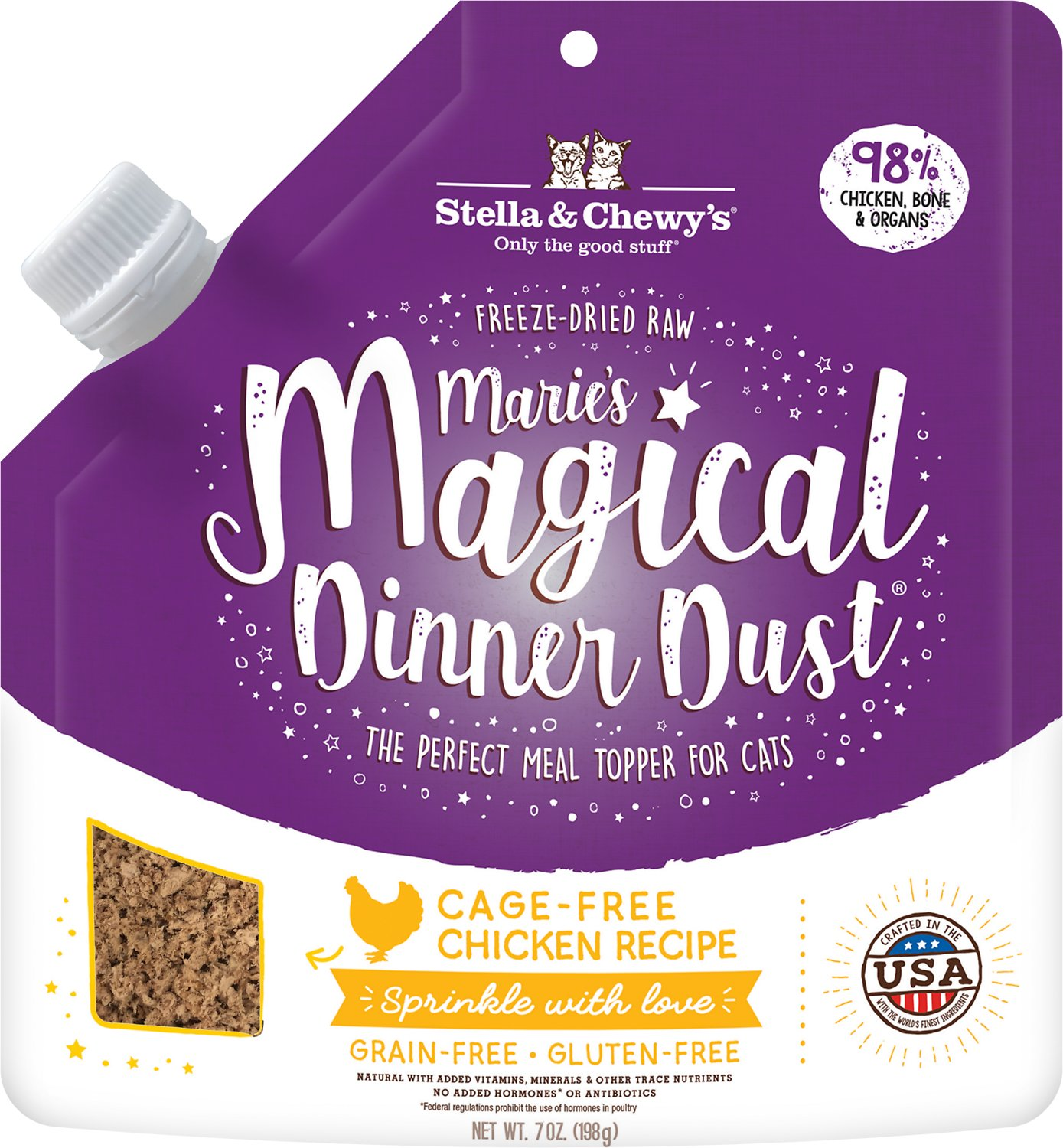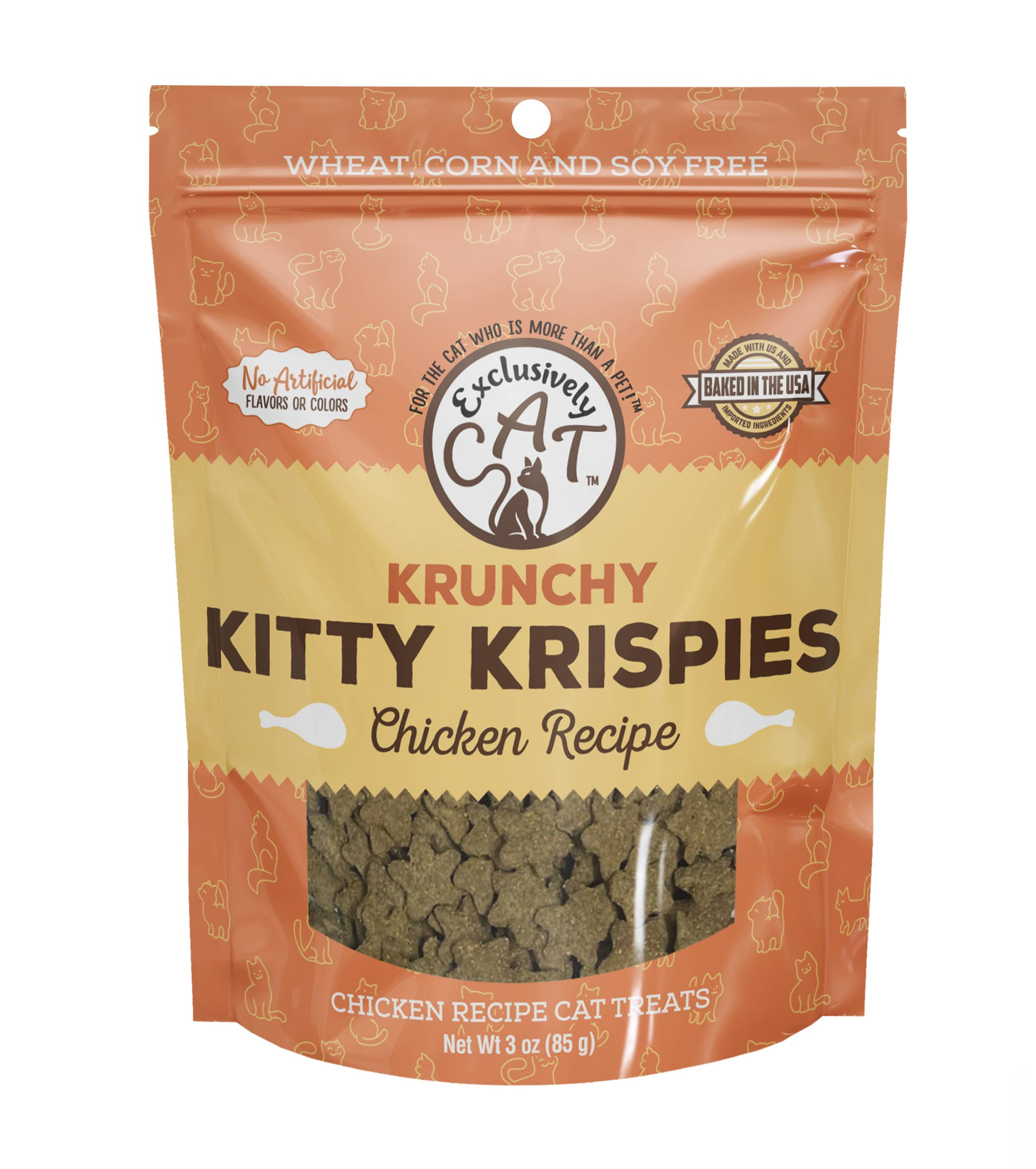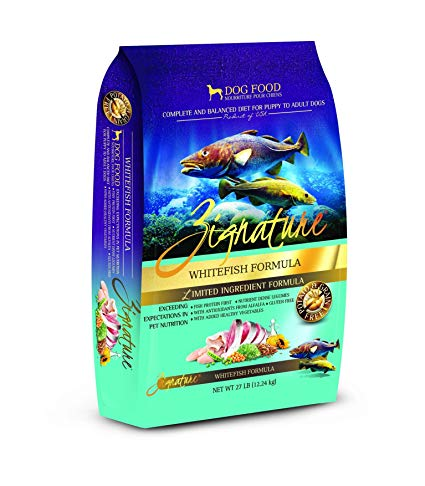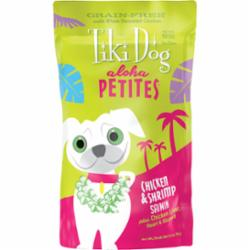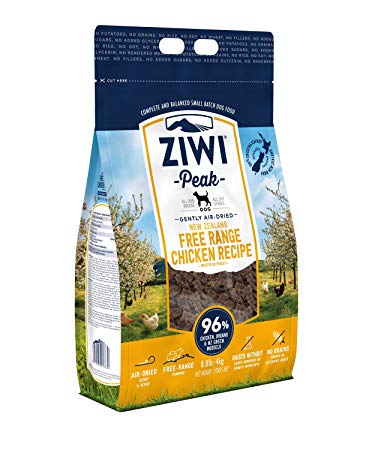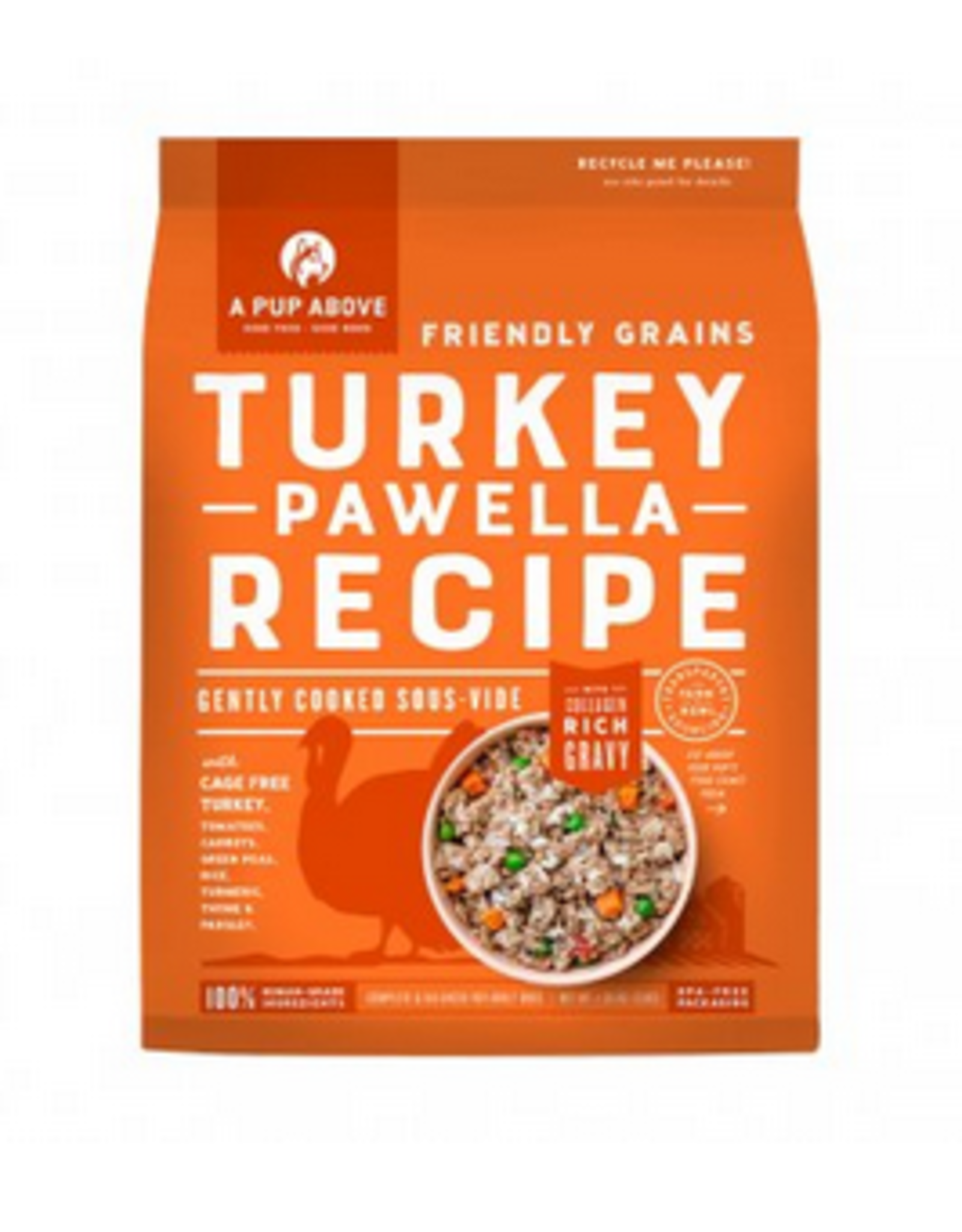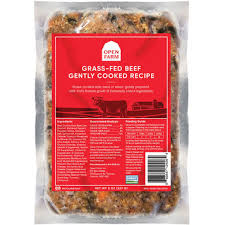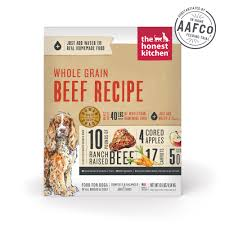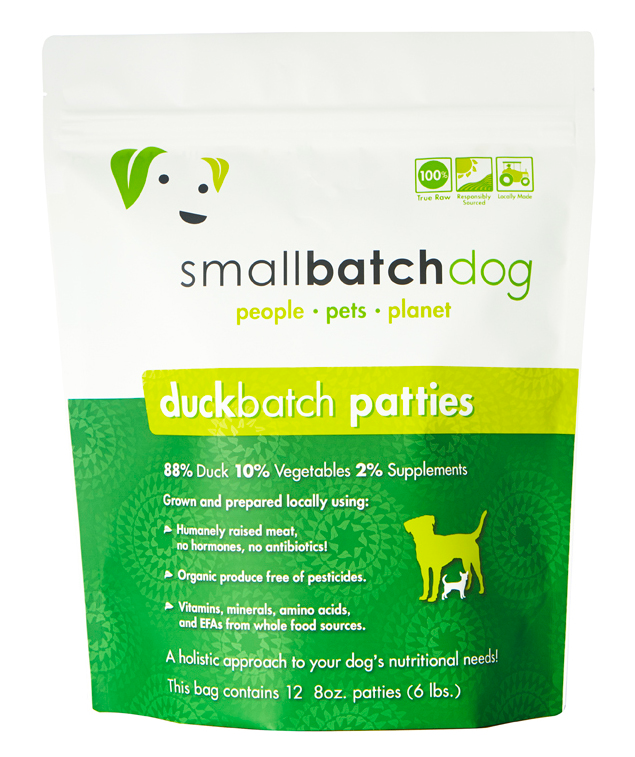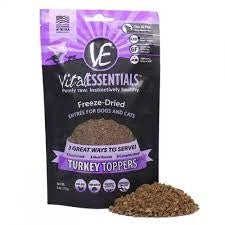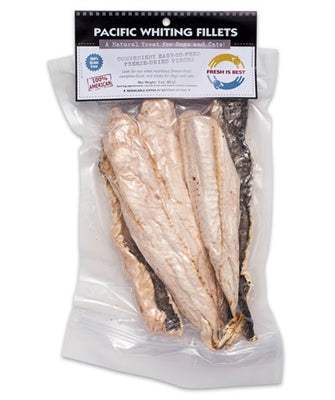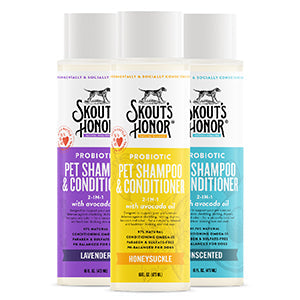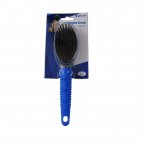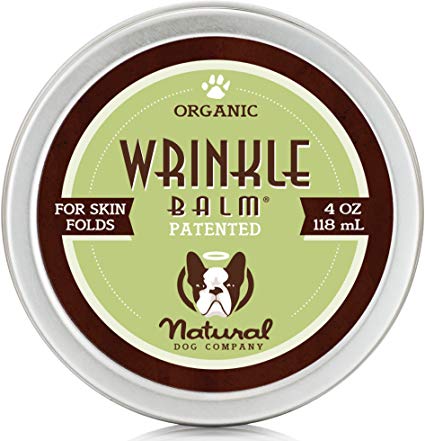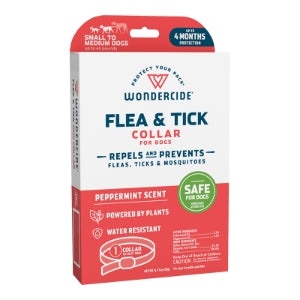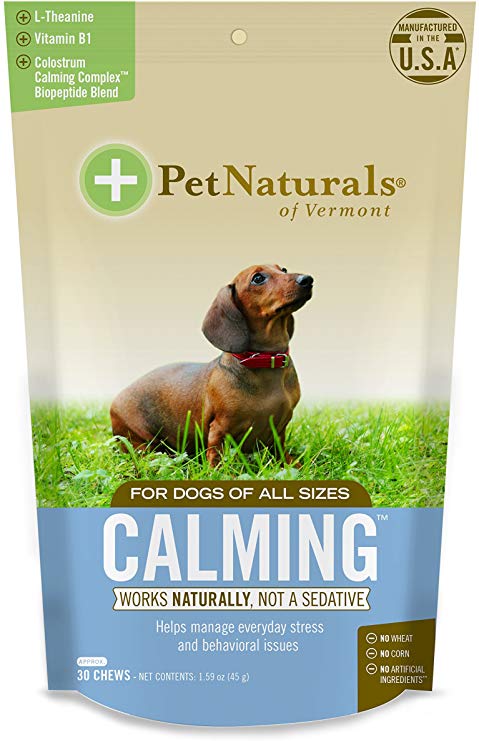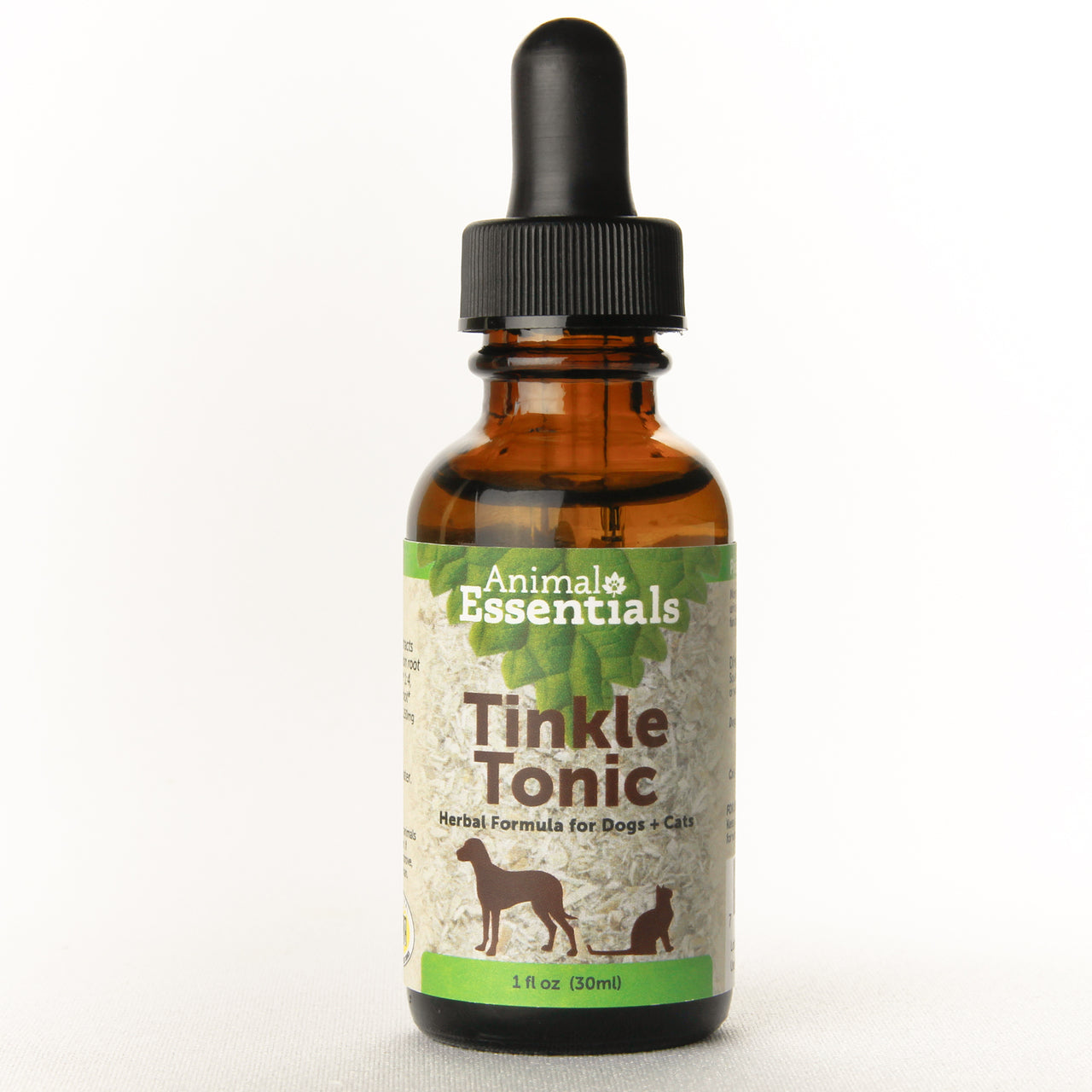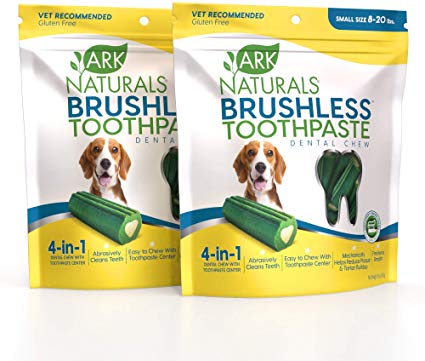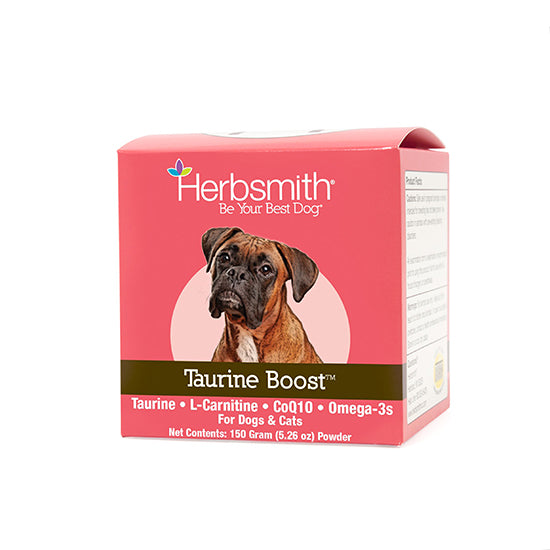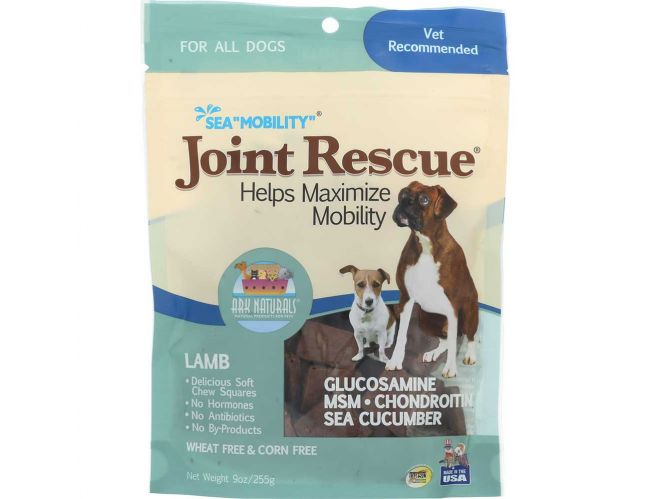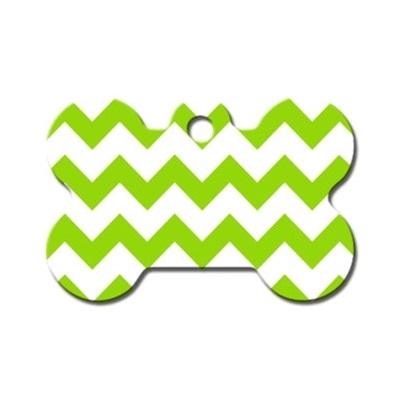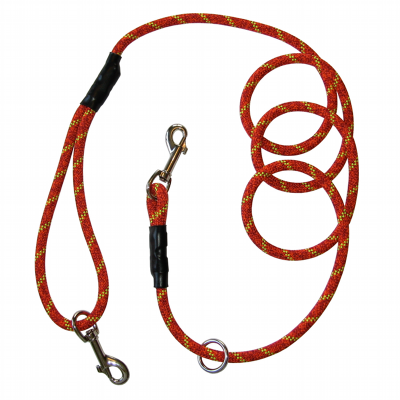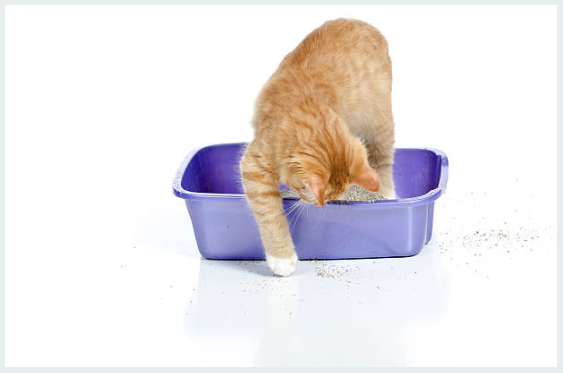Frequently Asked Questions
1. Why is protein important for pets?
2. How much protein do puppies and kittens need?
3. What are some high-quality protein sources for pets?
4. What are the signs of protein deficiency in pets?
5. Should I consult a veterinarian about my pet's diet?
When it comes to keeping our furry friends healthy, the right nutrition plays a vital role. Among the many components of a balanced diet, protein stands out as a crucial nutrient for pets. Whether you’re a dog lover or a cat enthusiast, understanding the importance of protein can help you make informed choices about your pet’s diet. In this article, we will delve into the role of protein in pet nutrition, its benefits, sources, and how to ensure your pet is getting the right amount.
What is Protein?
Protein is one of the three macronutrients, along with carbohydrates and fats, that are essential for a pet's health. It is made up of amino acids, which are often referred to as the building blocks of life. Dogs and cats use amino acids primarily for:
- Building and repairing tissues
- Producing enzymes and hormones
- Supporting immune function
- Providing energy when needed
The Importance of Protein for Pets
Muscle Development and Maintenance
Protein plays a crucial role in developing and maintaining muscle mass in pets. Just like humans, pets need protein to grow strong muscles and repair them after physical activities. A sufficient intake of protein ensures that pets maintain their strength, mobility, and overall vitality.
Healthy Skin and Coat
A well-balanced diet with adequate protein content contributes to a shiny, healthy coat in pets. Protein helps in the formation of keratin, a protein that is a significant component of hair and nails. Pets lacking in protein may suffer from dry, brittle fur and skin issues, making this nutrient essential for their overall appearance and health.
Immune System Support
Proteins are essential for the production of antibodies and other immune cells, which protect against pathogens and diseases. A robust immune system is vital for pets, particularly as they age or if they are exposed to various environmental stressors. Adequate protein intake plays a critical role in keeping their immune system functioning properly.
Energy Source
While fat is usually the primary energy source for pets, protein can serve as an alternate source when carbohydrates and fat levels are low. This becomes vital during intense physical activities, such as long walks or playtimes. Ensuring that your pet gets enough protein will allow them to maintain their energy levels during these times.
How Much Protein Does Your Pet Need?
The protein requirements for pets vary based on several factors, including age, activity level, health status, and specific dietary needs. Here are some general guidelines:
- Puppies and Kittens: Young and growing pets typically require a higher percentage of protein in their diet (around 22-32%) to support rapid growth and development.
- Adult Dogs and Cats: For most adult pets, a diet composed of 18-25% protein is adequate to meet their needs.
- Active and Working Pets: Pets that engage in high levels of physical activity may need a higher protein intake to support increased energy demands.
- Senior Pets: Older pets may benefit from higher protein levels (around 25-30%) to help maintain muscle mass and overall health.
High-Quality Protein Sources for Pets
When selecting a protein source for your pet, it is essential to choose high-quality ingredients that are easily digestible and provide all the essential amino acids. Here are some excellent sources of protein for pets:
- Meat: Chicken, turkey, beef, lamb, and fish are all excellent sources of protein.
- Eggs: Eggs are not only highly digestible but also contain essential amino acids beneficial for pets.
- Dairy Products: Yogurt and cottage cheese can provide additional protein, but be aware of lactose intolerance in some pets.
- Plant-Based Proteins: Legumes, quinoa, and certain grains can complement protein intake, especially for vegetarian pets.
Balancing Protein with Other Nutrients
While protein is essential, it should be part of a well-balanced diet that includes carbohydrates, fats, vitamins, and minerals. A successful pet diet will account for the following:
Carbohydrates
Carbohydrates are necessary for energy and should be included in moderation. Look for whole grains and vegetables that provide fiber and additional nutrients.
Healthy Fats
Fats are a concentrated source of energy and also play an essential role in maintaining skin and coat health. Omega-3 and Omega-6 fatty acids are particularly beneficial for pets.
Vitamins and Minerals
These micronutrients support various body functions, such as bone health, immune response, and metabolic processes. Ensure your pet’s diet includes a range of vitamins and minerals for optimal health.
Signs of Protein Deficiency in Pets
Recognizing the signs of protein deficiency can help you adjust your pet's diet promptly. Here are some common symptoms:
- Weight loss or difficulty gaining weight
- Loss of muscle mass or weakness
- Dull or brittle coat
- Skin issues, such as dryness and flakiness
- Frequent infections or illness
Consulting with Your Veterinarian
When it comes to your pet's diet, it is always a good practice to consult with a veterinarian. They can provide insights into your pet’s specific nutritional needs, making recommendations tailored to their age, breed, and health status. Working with a professional ensures that your pet receives a balanced diet rich in protein and all other essential nutrients.
How to Choose the Right Pet Food
With a plethora of pet food options available in the market, it’s crucial to select a product that meets your pet's nutritional needs. Here are key factors to consider:
- Read the Labels: Look for high-quality protein sources listed first in the ingredient list. Avoid products with vague terms like "meat by-products."
- Check for AAFCO Approval: Ensure that the food meets the standards set by the Association of American Feed Control Officials (AAFCO) for complete and balanced nutrition.
- Avoid Additives: Look out for artificial colors, flavors, and preservatives, which can harm your pet’s health.
- Consider Allergies: If your pet has food sensitivities, opt for limited ingredient diets that minimize potential allergens.
Homemade Diets: Pros and Cons
While commercial pet foods are widely recommended, many pet owners consider homemade diets as a way to ensure their pets get high-quality ingredients. Here’s a quick overview:
Advantages
- Enhanced control over ingredients and quality
- Personalization for specific dietary needs or allergies
- Potential for fresher and more palatable options
Challenges
- Requires careful planning to ensure a balanced diet
- Time-consuming to prepare
- Can be costly if sourcing high-quality ingredients
Making Protein Fun for Your Pets
Incorporating protein into your pet’s diet can also be a fun and engaging process. Here are a few ideas to make it enjoyable:
- Homemade Treats: Experiment with recipes for protein-rich treats made from meats or eggs that your pet will love.
- Interactive Feeding: Use puzzle feeders that challenge your pet while they enjoy their protein-rich meals.
- Training Sessions: Incorporate high-protein treats during training sessions to motivate and reward your pet.
Empowering Pet Parents with Knowledge
Understanding the essential role of protein in your pet's nutrition equips you to make better dietary choices. Remember, a well-balanced diet that includes quality protein, carbs, and fats is crucial for your pet's overall health and happiness. By observing your pet's needs and adding protein-rich foods thoughtfully, you'll contribute positively to their wellbeing. Empower yourself with knowledge, and your pet will thrive, leading to many joyful years together!


